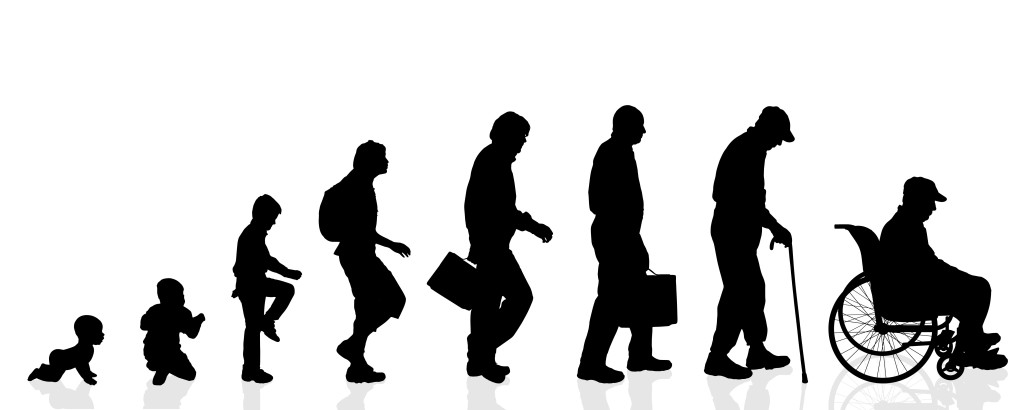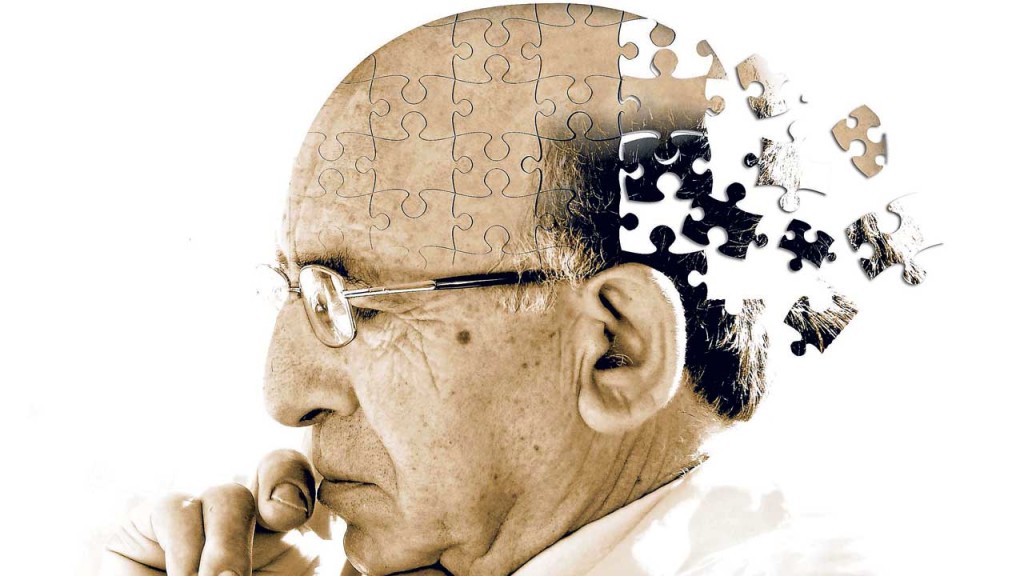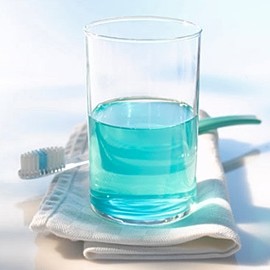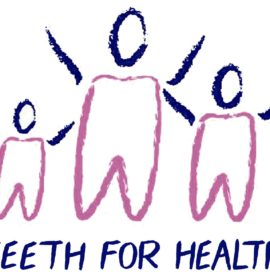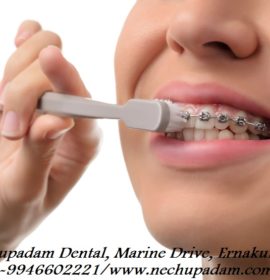
Did you feel like a dessert in the mouth??
Daily life dentisitry . Dental tips . Dentistry . Preventive Dentistry . Uncategorized
Did you feel like a dessert in the mouth??
Got dry mouth it seems?
Do you aware of what to do??
Dry mouth is characterized as decrease in saliva. It’s a common effect of certain medications, health conditions, lifestyle choices, and biological changes in the body, and it can take a serious toll on your teeth also.
Here’s a small list of some of the many factors that causes Drymouth:
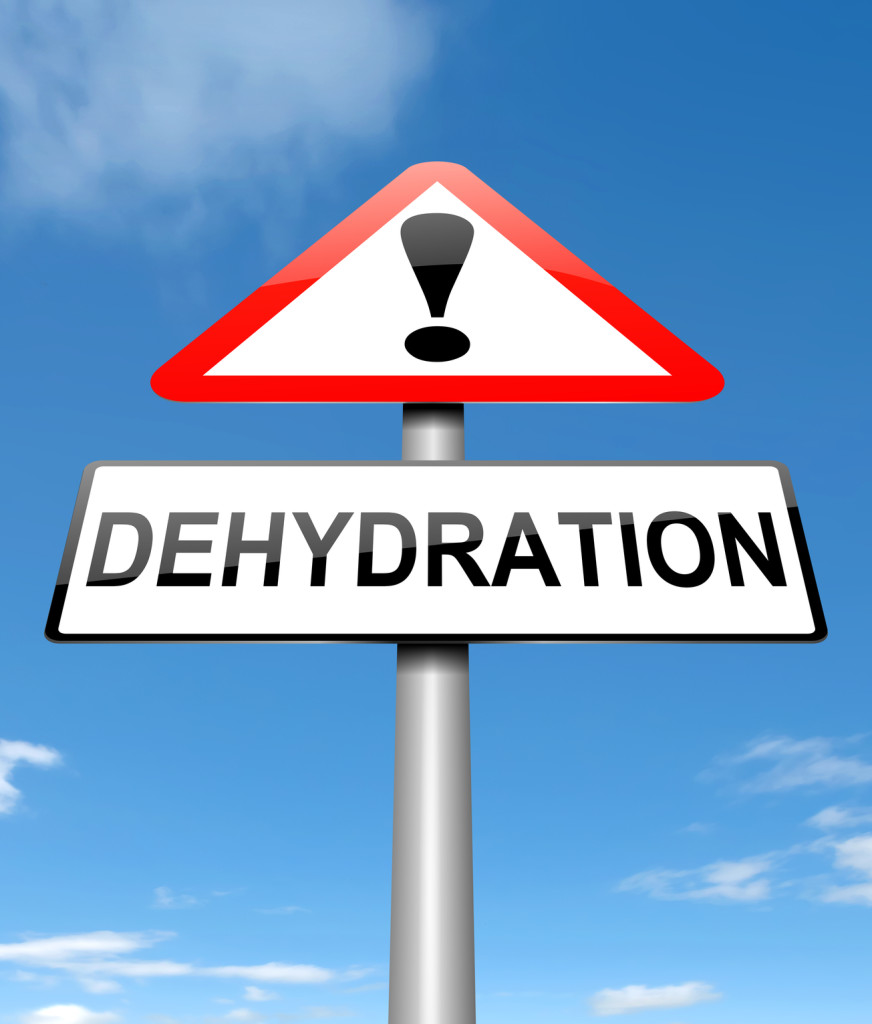
Dehydration. Not drinking enough water, not surprisingly, can leave your mouth dry.
Sports and exercise. Intensive exercise, such as running, is notorious for drying out the mouth, since athletes inhale through the mouth.
Cigarettes and chewing tobacco. Whether you smoke tobacco or chew it, this addictive substance cuts down your salivary flow and destroys cavity-fighting antibodies.
Alcohol. If you drink shots or gargle with an alcohol-based mouthwash, your oral tissues may be left dry and irritated.
Illegal drugs. Heroin, cocaine and amphetamines can all leave the mouth dry and vulnerable to decay.
Hormonal changes. Drops in estrogen, as after menopause, may be tied to dry mouth.
Age. The older you get, the more likely you are to suffer from xerostomia.
Certain prescription drugs and medical treatments. A range of medications, from cancer treatments to antihistamines, can result in dry mouth.
Asthma. Use of inhalers can dry out the mouth, as can breathing through the mouth, a common result of asthma.

Sjögren’s syndrome. This autoimmune disorder results in dry mouth and eyes.
Type 2 diabetes. Dry mouth is among the symptoms of this systemic disease.
Eating disorders. Starving and purging can lower your body’s production of saliva.
Damage to the salivary gland. Whether caused by physical trauma or frequent vomiting, damage to this gland can cause problems with saliva production.
HIV/AIDS. Dry mouth is a common oral symptom among people who are HIV-positive.
Alzheimer’s disease. Forgetting to drink sufficient water and taking prescription drugs can both contribute to dry mouth among dementia patients.





